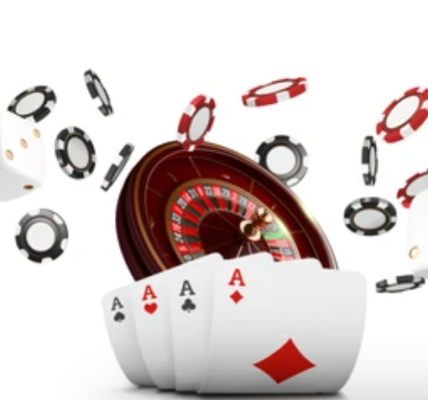Roulette, a popular casino game known for its spinning wheel and anticipation-filled gameplay, has long been associated with rumors of wheel bias. The notion of a biased roulette wheel, one that favors certain numbers or sections, has captured the imagination of gamblers and fueled discussions in both land-based and online casinos.
While the vast majority of roulette wheels are meticulously designed and tested to ensure fair outcomes, there have been rare instances in history where biased wheels have been discovered, leading to significant advantages for observant players. In this article, we will delve into the concept of roulette wheel bias, examining the myths, the reality, notable historical cases, and the role of mathematics in understanding this intriguing phenomenon.
Understanding Roulette Wheel Bias: Roulette wheel bias refers to the idea that certain roulette wheels may have imperfections or irregularities that cause them to produce non-random results. The alleged bias could manifest in the form of particular numbers appearing more frequently or certain sections of the wheel producing consistent outcomes. If true, this bias could potentially be exploited by observant players to gain an edge in the game.
The Myth of Wheel Bias: Despite the allure surrounding the concept of wheel bias, it’s crucial to address the prevailing myth that biased roulette wheels are widespread in casinos. In reality, modern casinos and reputable online platforms employ strict quality control measures to ensure the integrity of their roulette wheels. The manufacturing standards, regular maintenance, and frequent inspections implemented by casinos mitigate the chances of significant biases affecting the outcomes of the game.
The Role of Mathematics: To understand the existence or absence of roulette wheel bias, mathematics and statistical analysis play a crucial role. Casinos and regulatory bodies often employ mathematicians and statisticians to monitor and analyze the outcomes of roulette games. By conducting extensive tests and analyzing large sets of data, these professionals can detect any significant deviations from the expected probability distribution. If a bias were to be detected, appropriate measures would be taken to rectify the issue and maintain fair gameplay.
The Gambler’s Fallacy: The belief in wheel bias often stems from a cognitive bias known as the gambler’s fallacy. This fallacy leads individuals to believe that previous outcomes in a game of chance, such as roulette, influence future outcomes. In reality, each spin of the roulette wheel is an independent event, and past results have no bearing on future spins. While streaks and patterns may occur due to chance, they do not indicate a biased wheel.
Legal Implications and Casino Regulations: Casinos operate under strict regulations and licensing requirements, ensuring fairness and integrity in their games. Regulatory bodies meticulously monitor the functioning of roulette wheels to prevent any biases that could compromise the fairness of the game. Casinos found to have biased wheels would face severe penalties and potential loss of their licenses. This incentivizes casinos to maintain rigorous standards and provide a level playing field for all players.
While the idea of a biased roulette wheel may fuel the imaginations of gamblers, it is essential to separate fact from fiction. Roulette wheel bias, though intriguing, is a rarity in regulated casinos. Modern manufacturing standards, maintenance protocols, and statistical analysis contribute to the fairness and random nature of the game. Understanding the role of mathematics and avoiding cognitive biases, such as the gambler’s fallacy, allows players to approach roulette with a clear understanding of its probabilities and to enjoy the game for the thrilling experience it offers.












